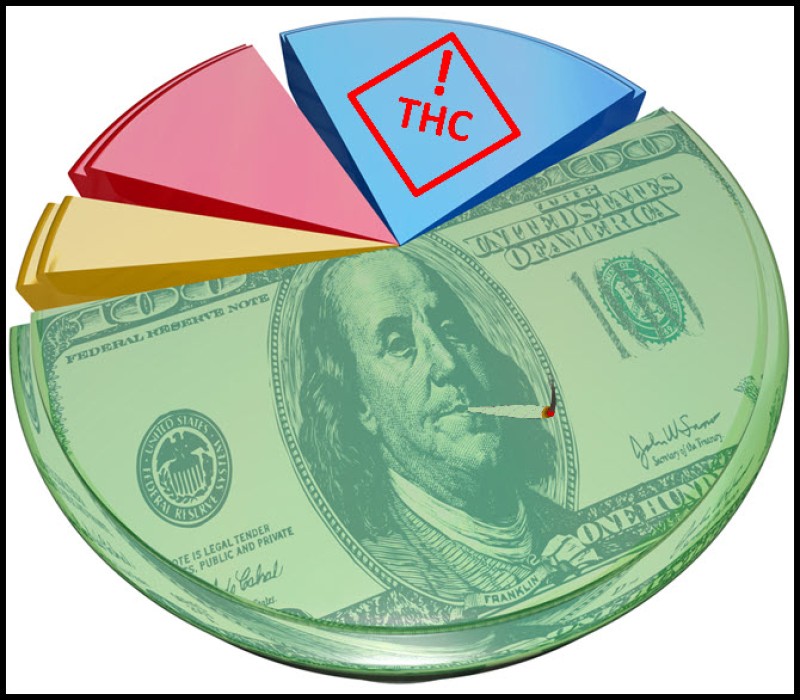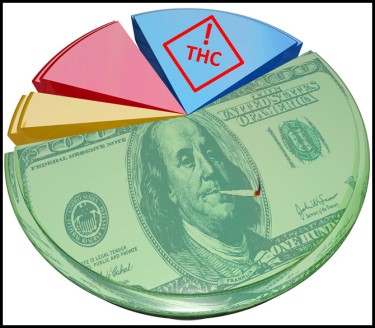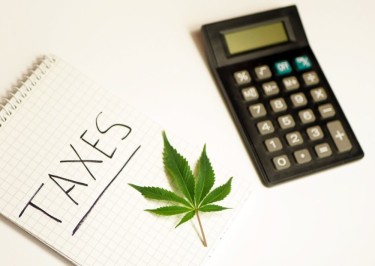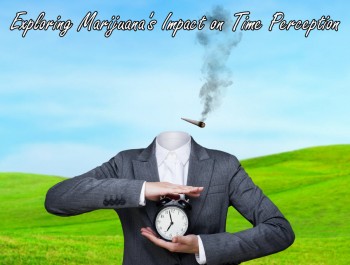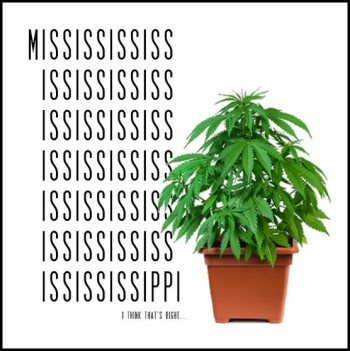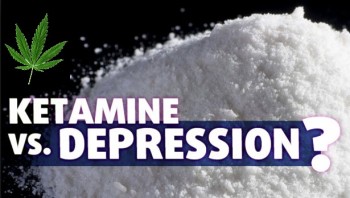Cannabis sales generated more revenue for Colorado and Washington State in the fiscal year 2022 than sales of alcohol or cigarettes. In eight more states, marijuana tax revenue outpaced that of cigarettes, while in Nevada, it outpaced that of alcoholic beverages. The paper, issued last Wednesday by the Tax Policy Center, provides a complete analysis of the various tax models, revenue data, and discussions of the most beneficial tax arrangements in states that have legalized cannabis.
Tax Revenues From Weed In Colorado and Washington
Researchers Richard Auxier and Nikhita Airi stated that several themes have arisen since jurisdictions started implementing legalization, despite the fact that it is difficult to generalize about marijuana tax policy due to the diversity of state and local tax schemes. One of these trends is that the plant regularly beats alcohol and cigarettes in terms of the amount of money it generates for tax collections as the cannabis industry has expanded.
In Fiscal Year 2022, Colorado collected $353.7 million in marijuana taxes, just topping cigarette sales but more than seven times the amount collected in alcohol excise taxes through the Tax Policy Center. On the other hand, Washington State earned $517 million from cannabis taxes, $490 million from alcohol taxes, and $380 million from cigarette taxes.
In view of the fact that tax revenue in Colorado and Washington State declined significantly from the fiscal years 2021 to 2022, by a respective -14% and -7%, this latest information is particularly notable. The study claims that the experiences of Colorado and Washington demonstrate that states can make a substantial amount of money from marijuana taxes. That figure should mainly increase with time.
The Study
The data shows that for the 2022 fiscal year, cannabis tax receipts exceeded alcohol tax collections in eight of the 11 states that received funding from cannabis taxes. Along with Colorado and Washington State, Nevada also generated more money from marijuana sales than it did from cigarette sales. While the study only takes the totals for the whole fiscal year, there have been other instances where marijuana tax revenue in places where it is legal has surpassed that of alcohol and cigarette revenue during particular months or at different periods.
For instance, in Arizona, where marijuana is legal, tax revenue from marijuana sales exceeded that from cigarette and alcohol sales combined in March. In Massachusetts, marijuana generates more tax money than alcohol, according to state data released in January. By the fiscal year end in December 2021, the state had earned $51.3 million from alcohol taxes and $74.2 million from cannabis taxes. Also, in Illinois, cannabis income surpassed alcohol taxes for the first time last year, and in 2021, adult-use marijuana is anticipated to generate almost $100 million more in state revenue than alcohol.
In 2021, "cannabis revenues overtook alcohol by 20%," according to an analysis of 11 states with legalized adult use of marijuana released in April by the Institute on Taxation and Economic Policy. Advocates and stakeholders have praised these data points. They express the expectation that by permitting restricted access to cannabis, fewer people will consume other hazardous drugs like alcohol and cigarettes, in addition to highlighting the economic possibilities of legalization. Young people who use marijuana less often also generally consume less alcohol, nicotine, and non-prescription medications, according to studies published earlier this year.
Similar Researches
A Gallup research published last month found that more than twice as many Americans think alcohol negatively affects its consumers and society at large. This is essentially consistent with the findings of another study performed in March, which found that more Americans thought quitting alcohol and switching to cannabis would be more advantageous than negative.
The ingredients in alcohol, cigarettes, and marijuana cause certain biological reactions that give the user pleasant, gratifying experiences.
Gallup has been polling Americans on their attitudes about alcohol and tobacco since the 1930s and 1940s, and it has lately expanded to include questions on marijuana. One purpose of these current investigations is to update estimates of the frequency of usage of these medications.
All three are used, although alcohol is by far the most common. Almost 45% of Americans have used alcohol in the recent week, and another 23% do so on a regular basis. One-third are "total abstainers." Alcohol use has been mostly stable throughout time. Since 1939, an average of 63% of Americans have reported drinking, which is quite close to the most recent Gallup estimate of 67%.
48% of Americans have used marijuana at some time in their life, compared to 16% who use it now. Marijuana usage has increased dramatically over the previous 50 years, according to self-reports. When the question was first asked in 1969, just 4% of those polled said they had ever tried marijuana. That is now 48%. In 2013, 7% of Americans reported being active marijuana users, down from 16% last summer.
Cigarette smoking prevalence has gradually declined over the years from a peak of 45% in the mid-1950s. At the moment, 11% of Americans report smoking, a record low. Three out of every ten nonsmokers admit to having smoked in the past.
Overall, alcohol use among American adults is far greater than marijuana or cigarette usage. Furthermore, cigarette smoking has declined dramatically since the 1950s, whereas alcohol use has remained relatively consistent throughout the years. Americans now use marijuana more frequently than cigarettes, but this has been increasing over the last several decades.
Bottom Line
There is little question that cigarette smoking is down and will likely continue to reduce in the future years. This reflects both the general public's awareness of its negative implications and the government's continual efforts to curb its use at all levels. In contrast, it is more probable that marijuana use will climb than diminish. Marijuana has been illegal for much of its history and is currently illegal for recreational use in more than half of the United States. However, a large part of the American populace supports the trend toward increased legalization.
